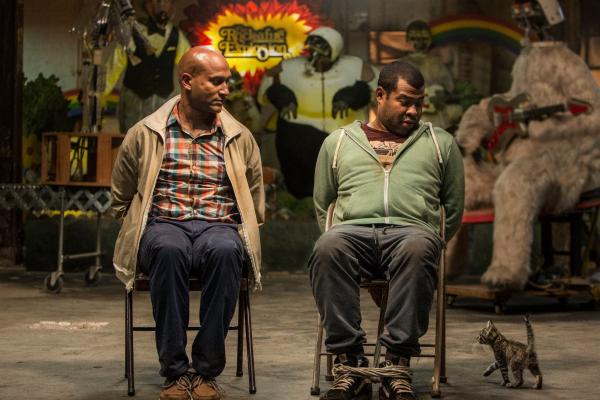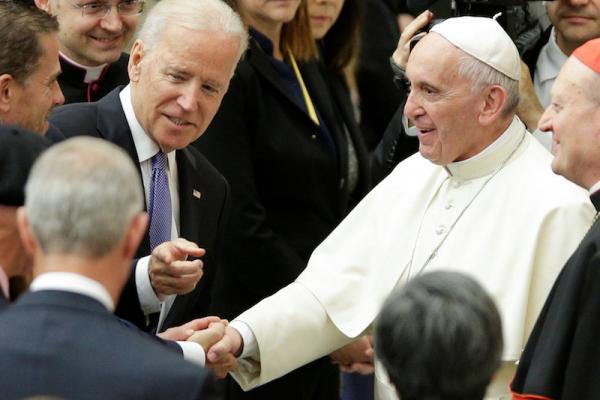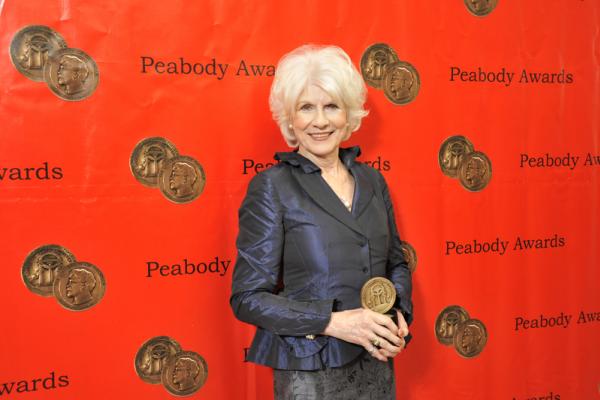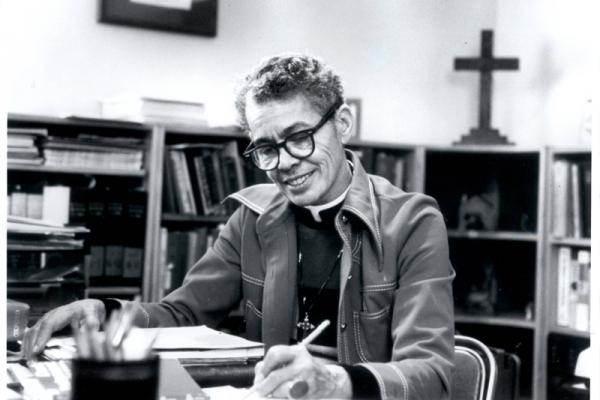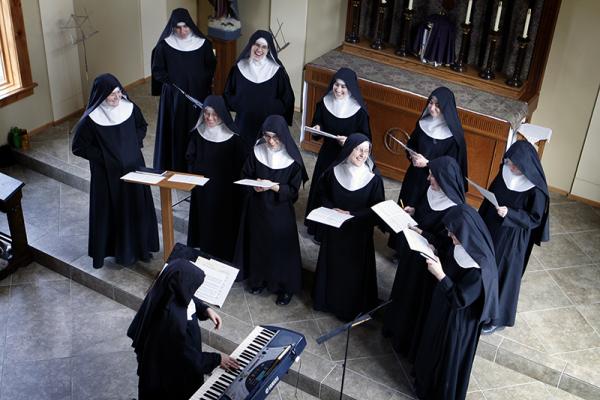Keegan-Michael Key and Jordan Peele have built successful comedy careers out of satirizing nerd culture and, as critic Wesley Morris so aptly put it in a 2015 essay, “locating what’s funny about race without losing what’s disturbing about racism.” When their popular Comedy Central sketch show Key & Peele ended its five-season run last year, fans were disappointed, but bolstered by the hope of larger projects on the horizon. The first of these anticipated follow-ups, the kitten-centric action comedy Keanu, is now in theaters.
Religion can likely benefit from psychedelics, and now clergy can help prove it. Johns Hopkins Medical School’s Behavioral Pharmacology Research Unit is recruiting clergy as research volunteers in a study of “entheogens,” which are chemicals, usually derived from plants, that are ingested to produce an altered state of consciousness for religious or spiritual purposes.
In the early 1990s, the conservative Christian group Focus on the Family raised the ire of LGBT groups by backing Colorado’s Amendment 2, a measure — ultimately struck down by the Supreme Court — that would have allowed local governments to discriminate against gays.
A quarter-century later, that episode was history as Focus President Jim Daly and gay activist Ted Trimpa sat down together to celebrate their friendship and more recent collaboration on sex trafficking laws at an evangelical conference in Denver called Q, which stands for questions.
A controversial plan for an oil pipeline from North Dakota to Illinois is being met with opposition from the Standing Rock Sioux, reports the Des Moines Register. Members of the tribe expect to meet with a federal employee to express their concerns.
1. Watch Warsan Shire, Poet Behind Beyonce’s ‘LEMONADE’ Read Her Poem on Female Genital Mutilation
The Somali-British poet was named the first Young Poet Laureate for London when she was 25.
2. Called to Resist Bigotry — A Statement of Faithful Obedience
More than 50 Christian leaders take on the racism, xenophobia, and misogyny of the 2016 election cycle.
It may be a sign of the shifting dynamics in the Catholic Church that Biden was welcomed on April 29 to the Vatican to address a church-sponsored conference on cutting-edge therapies to treat diseases such as cancer, and he was warmly greeted by the local bishop of Rome — aka Pope Francis.
Biden in turn praised the pontiff, and noted that the pope met with him and his family during Francis’ visit to the U.S. last September and “provided us with more comfort” after the death of Biden’s son Beau, who succumbed to brain cancer nearly a year ago.
Diane Rehm always assumed she would die first because her husband’s family had such longevity on its side.
But more than a decade after being diagnosed with Parkinson’s, Rehm’s husband, John, asked his doctor to help him die.
That plunged the host of the nationally syndicated radio talk show “The Diane Rehm Show” into an extended exploration of assisted dying that resulted in a 162-page memoir about her husband’s struggle, On My Own.
A new, national church book club has picked Rescuing Jesus: How People of Color, Women and Queer Christians Are Reclaiming Evangelicalism by Chicago-based journalist Deborah Jian Lee as the featured title.
One Book, One Church is an effort organized by Lee and Urban Village Church, a congregation with four locations in Chicago whose mission is to “create Jesus-loving, inclusive communities that ignite the city.” Urban Village is a member of the Reconciling Ministries Network, a United Methodist group that welcomes LGBT members.
A new residential college at Yale University has been named for an Episcopal saint who was the first African-American woman to be ordained an Episcopal priest.
Anna Pauline Murray, known as “Pauli,” was also civil rights activist who helped shape the legal argument for the Brown v. Board of Education Supreme Court ruling. She was the co-founder of the National Organization for Women and received an advanced law degree from Yale in 1965 and an honorary doctorate from Yale Divinity School in 1979.
Tucked away just off a rocky road is a small community of women who have chosen to retreat from the world and spend their days working in silence — except for when they are singing sacred music.
They are cloistered nuns, the Benedictines of Mary, Queen of Apostles. Their days consist of prayer, work, and song. And when they sing, people listen. Four albums have topped the charts. Their latest, “Adoration at Ephesus,” was issued April 26.
